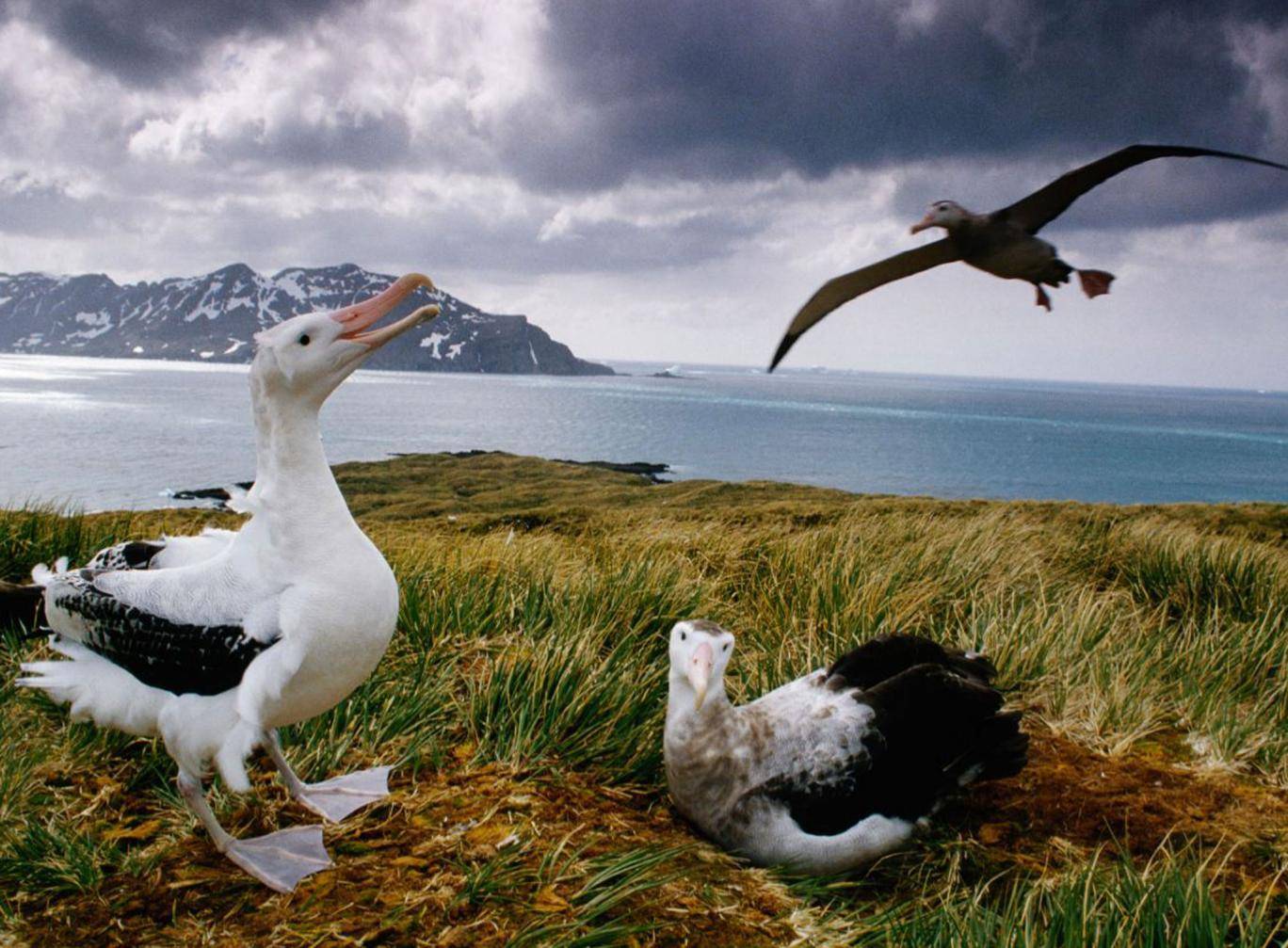Over the last few weeks Blue Planet 2 has been providing an amazing insight into the wildlife that inhabits our oceans, however as with most great things, they must come to an end. The season finale, titled “Our Blue Planet”, brings to light the devastating impact and future threat that humans exhibit on the oceans. David Attenborough highlights this through the effect that overfishing, climate change and the creation of plastic pollution has upon marine ecosystems.
“For years we thought the oceans were so vast and the inhabitants so infinitely numerous that nothing we could do could have an effect upon them. But now we know that was wrong.”
Millions of years ago life emerged in the oceans before making a leap towards the evolution of terrestrial lifeforms, we can’t now abandon the efforts of conservation and climate change mitigation strategies. We have a responsibility to care for all of the ecosystems on our planet, with the future of all life on Earth largely depending on our current and future actions.
For those who haven’t watched every episode religiously, there has been an underlying presence of plastic waste in the breath-taking scenes. Luckily wherever possible, every piece of plastic that crew members came across was removed and subsequently recycled. Little things like this may seem insignificant but as you have seen, hundreds of marine individuals can easily depend on a singular piece of plastic. The quickest method of removing said plastic from our oceans is through picking up washed up pieces of plastic pollution at the beach, with a #2MinuteBeachClean being a popular method of spreading the message through social media platforms.
Apparently, the BBC were unsure as to the response that viewers would have on the series, particularly with the series finale, due to the overwhelming effect that climate change and the effect of humanity upon the oceans. Many viewers understandably were left feeling with a sense of guilt and negligence, following scenes portraying a baby albatross being killed by a plastic toothpick. However, producer Mark Brownlow stated that they “couldn’t ignore it – it wouldn’t be a truthful portrayal of the world’s oceans.”
We learn how a change in just one person’s views of nature can significantly affect the population of a species, in this case one man pioneered a conservation programme in Trinidad. This subsequently allowed leatherback turtles, who were previously killed for meat by poachers, were instead protected for tourism and education purposes. It is easy to make people weep and feel bad about poor conservation efforts within our oceans through the medium of television, but what will it make people do as a result?
Even a small lifestyle change outside someone’s usual routine can make a massive difference in nature; so maybe next time you’re going for a walk and spot a piece of litter, pick it up and put it in the bin to be recycled. Of course, the episode was not simply a method of guilt tripping viewers and blaming the effects upon themselves, instead it announced a message that “the more we know, the more we are capable of change.” This is even demonstrated by how much we have already accomplished over the past 100 years, since the decline of commercial whaling, allowing sperm whale number to massively resurge back to a natural stock. It has been 16 years since the release of the original Blue Planet series, who knows what the future of our oceans will hold by in the next 16 years alone!
James Deed
Image: Alamy

